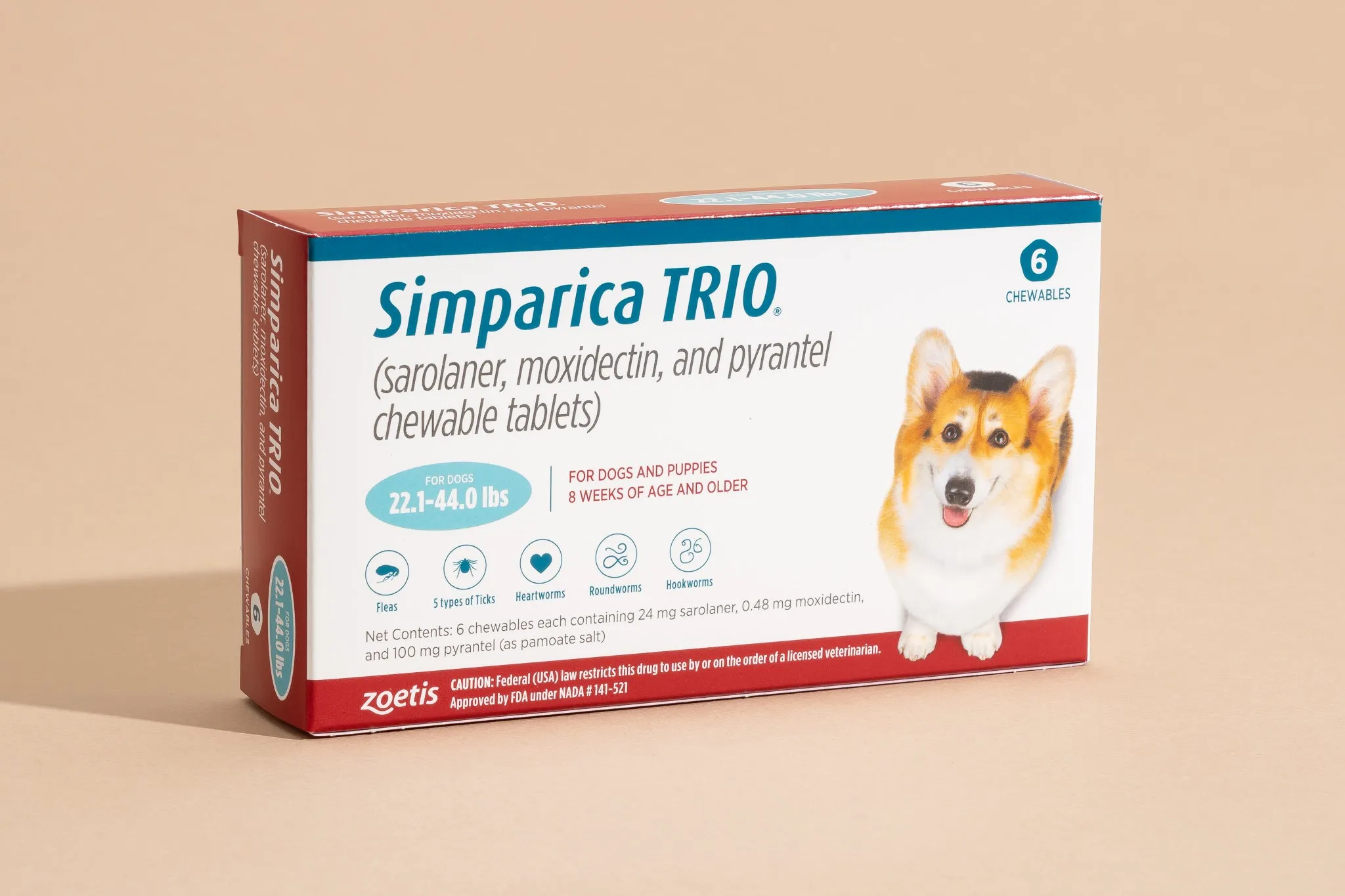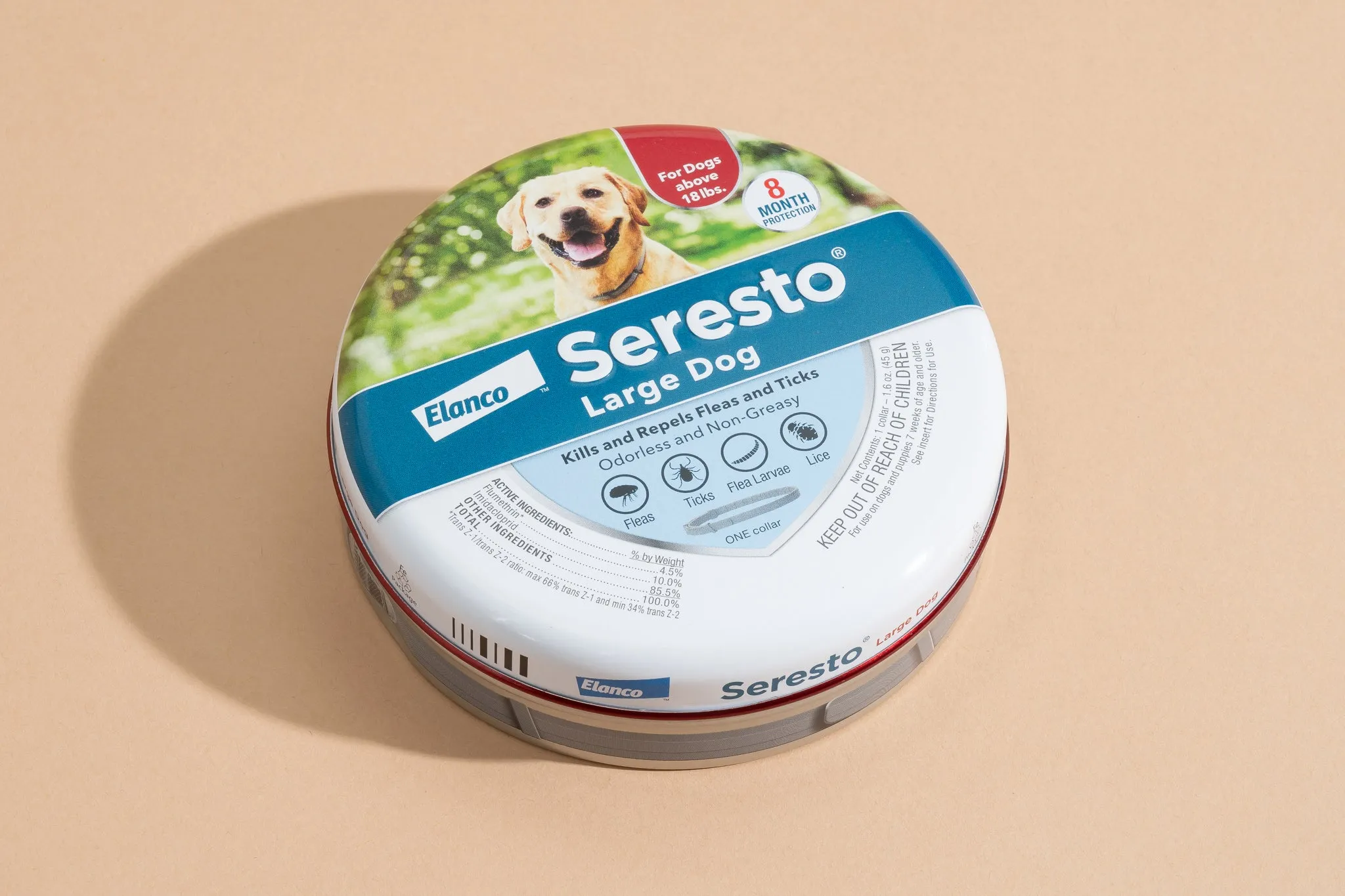Fleas and ticks are more than just a nuisance; they pose significant health risks to both our feline and canine companions. From irritating skin conditions to the transmission of serious diseases, these parasites demand effective management. Choosing the Best Flea And Tick Treatment For Cats And Dogs is crucial for maintaining your pet’s well-being and your peace of mind. This comprehensive guide will delve into the most effective solutions available, helping you navigate the options to protect your furry family members.
Understanding Fleas and Ticks: A Persistent Threat
Fleas are small, wingless insects that feed on the blood of mammals. Their life cycle, which includes eggs, larvae, pupae, and adults, can quickly lead to an infestation within your home. A single flea can lay up to 50 eggs per day, and these eggs can hatch rapidly under favorable conditions. Beyond the intense itching and discomfort, flea bites can cause flea allergy dermatitis, a common and severe allergic reaction in pets. In young or weakened animals, flea infestations can even lead to anemia due to blood loss.
Ticks, on the other hand, are arachnids that also feed on blood. They are notorious for their ability to transmit a range of debilitating diseases to both pets and humans. These include Lyme disease, Rocky Mountain spotted fever, Ehrlichiosis, and Anaplasmosis, among others. Ticks can be found in various environments, from tall grass and wooded areas to your own backyard.
Identifying the Right Flea and Tick Treatment
The market offers a wide array of flea and tick treatments, each with its own set of benefits and applications. Understanding the different types available is the first step in selecting the best flea and tick treatment for cats and dogs. These typically fall into several categories:
Oral Medications (Chewables)
Oral medications are a popular choice due to their convenience and systemic action. They work by distributing active ingredients throughout your pet’s bloodstream. When fleas or ticks bite, they ingest these ingredients, which then prove fatal. Many of these treatments offer broad-spectrum protection, addressing not only fleas and ticks but also internal parasites like heartworms, hookworms, and roundworms.
One of the leading options in this category is Simparica Trio Chewable Tablets for Dogs. This monthly, prescription-only chewable tablet provides comprehensive protection against a wide range of parasites. It effectively treats and controls fleas, hookworms, roundworms, and five types of ticks, while also offering crucial prevention against heartworm disease. Its effectiveness against fleas can also help in managing home flea infestations, as it kills fleas before they can lay eggs, thereby breaking the life cycle. Simparica Trio is a highly recommended most effective dog flea and tick treatment due to its all-in-one approach.
For a longer-lasting oral solution, Bravecto Chew for Dogs stands out. This treatment provides protection for up to 12 weeks with a single chew, significantly reducing the frequency of administration. It is highly effective against fleas and certain types of ticks, including the Asian longhorned tick. However, it’s important to note that Bravecto does not treat or prevent internal worm infections, so a separate product may be needed for that aspect of parasite control. When considering options for dogs, Bravecto is a strong contender for best treatment to prevent ticks on dogs due to its extended duration of action.
 A box of Simparica Trio Chewable Tablets for Dogs.
A box of Simparica Trio Chewable Tablets for Dogs.
Topical Treatments (Spot-Ons)
Topical treatments are applied directly to the pet’s skin, usually between the shoulder blades. The active ingredients spread over the skin and coat, killing fleas and ticks on contact or after they bite.
K9 Advantix II Flea and Tick Spot Treatment for Dogs is a cost-effective monthly topical option. It is available over-the-counter and kills and repels fleas, ticks, lice, as well as biting flies and mosquitoes. A significant advantage of Advantix II is its repellent action, which can prevent ticks from attaching to your dog in the first place, thus reducing the risk of disease transmission. Given its broad action against external parasites, it is a key consideration among flea tick meds for dogs. However, it’s crucial to remember that Advantix II contains permethrin, which is highly toxic to cats. Pet owners with multi-species households must exercise extreme caution and follow label instructions meticulously to ensure the safety of their feline companions.
Collars
Flea and tick collars offer a convenient, long-term solution for parasite control. The active ingredients are slowly released from the collar and spread across the pet’s skin and fur.
The Seresto Flea and Tick Collar for Dogs is a notable option, providing up to eight months of protection against fleas and ticks. It kills and repels these pests, meaning they don’t need to bite your dog to ingest the treatment. This can be particularly beneficial in preventing the transmission of diseases that can be spread rapidly after tick attachment. Seresto also addresses chewing lice and sarcoptic mange. While it offers extended protection, it does not provide protection against internal parasites, necessitating a separate preventative regimen for heartworm and intestinal worms. Due to its long-lasting efficacy and broad coverage against external parasites, Seresto is often considered a viable option when exploring prescription flea treatment for dogs and other preventative measures.
 A tin containing a Seresto Flea and Tick Collar for Dogs.
A tin containing a Seresto Flea and Tick Collar for Dogs.
Important Considerations for Cats and Dogs
While many treatments are designed specifically for dogs, it’s imperative to remember that flea and tick treatments for cats require careful selection. Many dog medications are highly toxic to cats, even in small amounts. Always read product labels carefully and consult your veterinarian before administering any treatment to your cat.
For instance, K9 Advantix II, while effective for dogs, must be kept away from cats. If you have both species in your home, ensure treated dogs are separated from cats for at least 24 hours after application. Ingesting Advantix II can be life-threatening for cats, necessitating immediate veterinary attention.
Preventing Home Infestations
Treating your pet is only half the battle. Flea eggs and larvae can thrive in your home environment, often in carpets, bedding, and upholstery. Regular vacuuming, washing pet bedding in hot water, and using pet-safe household flea sprays can help break the infestation cycle. Simparica Trio, by killing fleas before they can reproduce, plays a significant role in preventing widespread home infestations.
Consulting Your Veterinarian
The most critical step in selecting the best flea and tick treatment for cats and dogs is consulting with your veterinarian. They can assess your pet’s individual health status, age, weight, and lifestyle to recommend the safest and most effective treatment plan. They can also advise on potential risks and side effects, and prescribe necessary medications. For conditions like mange, a vet is essential for diagnosing and managing mange mites treatment.
Conclusion: Proactive Protection for Healthier Pets
Protecting your pets from fleas and ticks is an ongoing commitment that requires knowledge and vigilance. By understanding the threats posed by these parasites and familiarizing yourself with the available treatment options, you can make informed decisions. Whether you opt for a convenient chewable, a long-lasting collar, or a topical application, prioritizing your pet’s health and safety is paramount. Always consult with your veterinarian to determine the best flea and tick treatment for your cat and dog, ensuring they remain happy, healthy, and pest-free.
References
- Companion Animal Parasite Council (CAPC). (n.d.). Videos. Retrieved from https://capcvet.org/videos/gulf-coast-tick/
- Centers for Disease Control and Prevention. (n.d.). Lyme Disease Transmission. Retrieved from https://www.cdc.gov/lyme/transmission/index.html
- Centers for Disease Control and Prevention. (n.d.). Tick Maps. Retrieved from https://www.cdc.gov/ticks/maps/index.html
- Environmental Protection Agency. (n.d.). Seresto Pet Collar Review. Retrieved from https://www.epa.gov/pets/seresto-pet-collar-review
- Merck Animal Health USA. (n.d.). Bravecto Chew for Dogs. Retrieved from https://www.merck-animal-health-usa.com/bravecto/chew-for-dogs
- National Pesticide Information Center. (n.d.). Imidacloprid. Retrieved from http://npic.orst.edu/factsheets/imidagen.html
- PetMD. (n.d.). Pyrantel Pamoate. Retrieved from https://www.petmd.com/pet-medication/pyrantel-pamoate
- Springer Nature. (n.d.). Article on Moxidectin. Retrieved from https://link.springer.com/article/10.1186/s13071-021-05104-7
- The New York Times Wirecutter. (n.d.). Reviews. Retrieved from https://www.nytimes.com/wirecutter/reviews/
